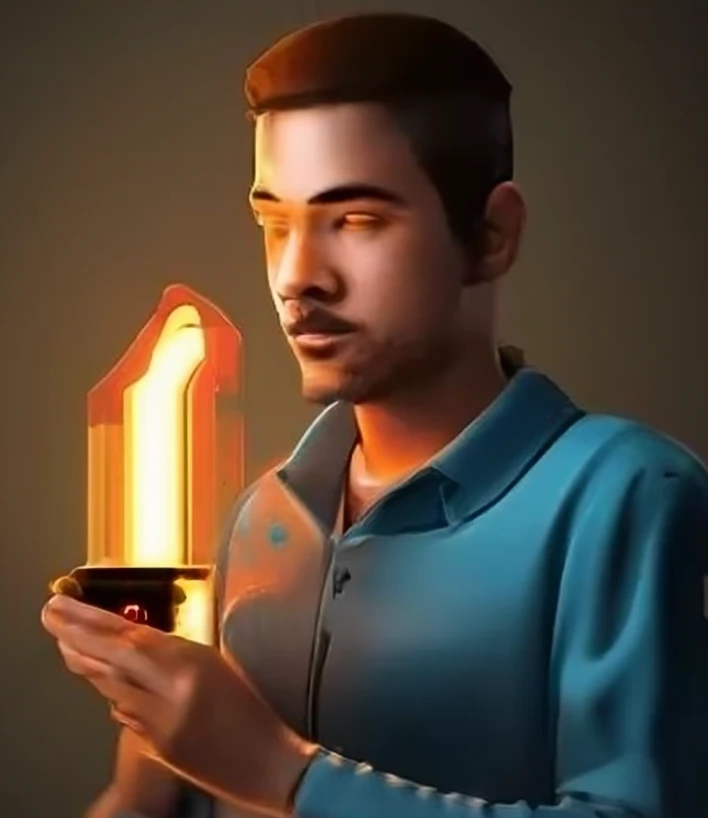American law outlines a series of protections for those accused of crimes but not yet convicted. (Like the 4th-6th amendments)
Does your country have any unique/novel protections of the rights of potentially innocent people accused but yet to be convicted?
If not are there any protections you think should be in place?
In Canada, convicted criminals retains their right to vote.
After all, it’s a citizen’s right, not a privilege.
After all, it’s a citizen’s right, not a privilege.
If rights don’t apply to everyone, then they are privileges.
I mean they do apply to everyone in Canada according to them.
This made me curious as to how many different legal systems there were. This wiki page has a global map of systems. Surprisingly, there isn’t a lot of variety. Most legal systems tend to be based on legislation (called civil law, originating in Rome), court rulings (called common law, originating in Britain), religious texts (called canon for christian, sharia for muslim, and halakha for jewish), or some mixture of those.
I mean yeah. Europe colonized most of the world, and while I hate to admit it they got a lot of stuff right with legal and political system.
Brazil here.
The underage can’t have their image and names disclosed in any way. The whole ordeal, both in administrative and judicial instances are kept in secret to not disclose their identities. That goes on even after the punishment is over.
Handcuffs shall only be used on a justified basis (risk of escape or violent subject), and it should be and exception. The non compliance by the state is subjected to investigation.
The ones who are in charge for their families and there’s young kids to be taken care of, are sent home to care for the kiddos (if it wasn’t a violent crime and it wasn’t against the kids) - that’s a way to not punish the kids for the existence of an ongoing investigation over the ones who take care of them. I’m explaining this one pretty plainly, but that’s the spirit.
The accused don’t have to say anything and that can’t be held against him in any way.
The confession be the accused is not taken as definitive, it’s just another detail to the process, and it can be dismissed if the other evidences say otherwise. (It can be deemed as the crime of meddling with the due process, thought, so if an innocent person confess a crime he didn’t do, they won’t be condemned by that one, but for another crime, with a 3 month to 2 years detention)
It’s preferred if the accused can await in freedom for the result of the judicial process that may lead to their imprisonment. There are a few measures to grant their compliance to the process.
There may be others I’m forgetting
I don’t think this happens before the conviction, but I always find it extremely alienating how US press reports will show mugshots and full names.
I mean, damn, why not hand out guns, so vigilantes have it even easier?
Certainly wouldn’t be worse for the convicted than having to spend the rest of their lives doing crime, since they won’t find a job anymore…
It absolutely happens before the conviction. Arrest records and mugshots are generally public information, and the press will publish them immediately in many cases.
There is also no obligation to retract/amend if the person is found innocent, and there is nothing the person can do if they use careful language (arrested for, accused of, allegedly). Most publications will refuse to take the article down later if the innocent person requests it, too, meaning that follows them forever. There are companies that make money offering the service to bury such articles to make it easier to get a job.
The US routinely demonstrates why most its peers do not do it this way.
this is America, half this country gets a boner when they think about shooting someone and being praised for it. all cops started this way and so they don’t feel bad when the enable vigilante justice in others. they all think that shit’s cool as hell anyway
The name of the accused can’t usually be reported on in Canada. Though there seems to be many exceptions. Also, released offenders get a lot of protection. It’s pretty controversial, especially when it’s someone famous like this case.
Another odd Canadian one. It has been codified that a suspect saying the words “I’m sorry” cannot be used as proof of guilt. Since in Canada especially, it leans a bit more into meaning “pardon” or “excuse me” rather than how an American might interpret it more as an apology.
To me the whole “I’m sorry” being a legal admission of guilt thing is bullshit. Like is there any situation where that has actually been beneficial to someone not trying to commit insurance fraud?
Following her release, Homolka settled in Quebec, where she married a brother of her lawyer.
Honestly the most shocking part. Wtf
Respect their right to live
I don’t even know what that is
In dubio pro reo. Innocent until proven guilty. I thought that was in the universal declaration of human rights or something. Stunned to learn that any country that calls itself democratic could do otherwise.
Or, from another perspective: many people in my country take so much for granted, not knowing how lucky they are.





